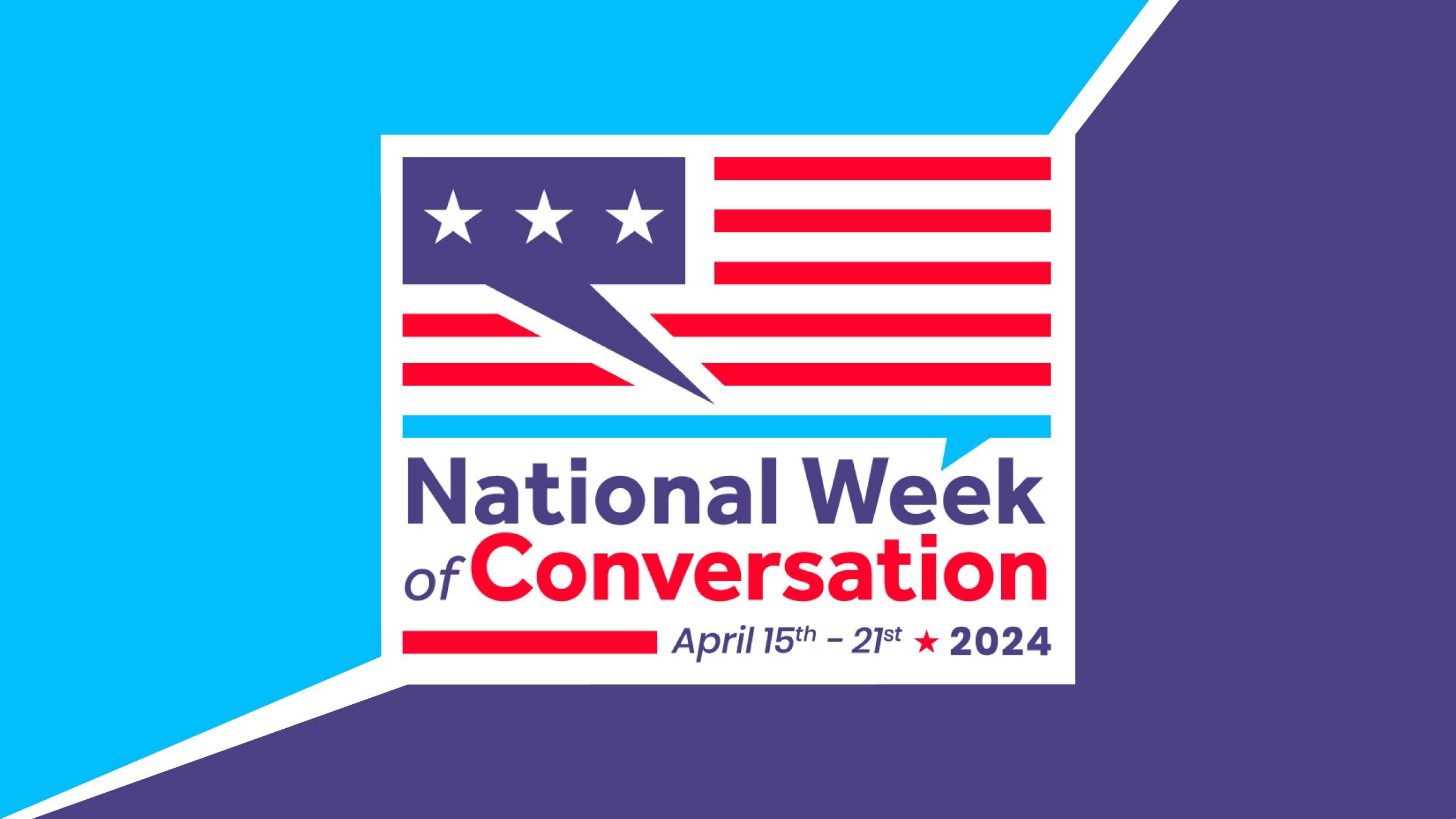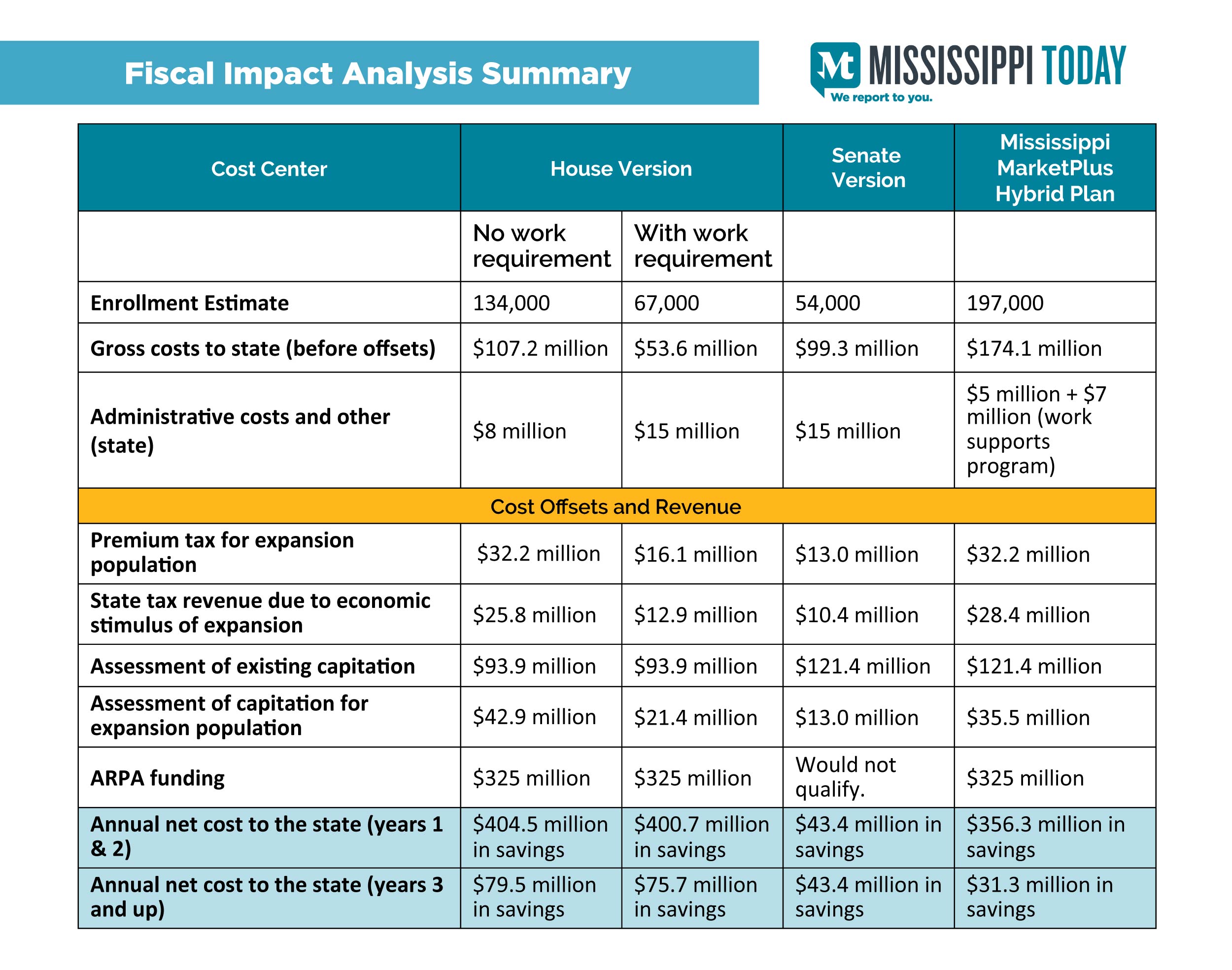Mississippi Today
Lawmakers appropriate extra $620 million for roads as they work to finish budget

Lawmakers appropriate extra $620 million for roads as they work to finish budget
Mississippians over the next two years could see a boom in new major road projects after lawmakers agreed to give the Mississippi Department of Transportation an extra $620 million Thursday as legislators worked to finish budget work and end the 2023 session.
For two decades, lack of funding and rising repair costs have forced MDOT to focus mostly on maintenance instead of new projects or major expansions. But under a measure originally offered by the Senate, $450 million over the next two years will go to traffic “capacity” projects to build or expand major thoroughfares that have been on MDOT's planning list for years.
The agreement also earmarks $100 million for the state's Emergency Road and Bridge Repair program to help local governments with roads and bridges that have fallen into disrepair. It provides $40 million to MDOT to match federal dollars and provides $30 million for “multi-modal” projects, including $10 million for work at state ports.
Senate Transportation Chairwoman Jennifer Branning, R-Philadelphia, noted that even more road funding is included in other bills passed in the final hours of the legislative session. She said the long-deferred capacity expansion projects are crucial.
“I am really pleased with this focus on infrastructure,” Branning said. “Expansion with these projects is critical. Moving freight and goods is so critical to the success of our state.”
Late in the legislative session, Gov. Tate Reeves held a press conference and called on lawmakers to earmark $1.3 billion for road work, and essentially let him choose which projects to build. Legislative leaders, who were already discussing increased infrastructure spending, viewed it as an election-year campaign move for the TV cameras.
Senate Appropriations Chairman Briggs Hopson said MDOT told him the increased funding “is about all they can handle for right now” to manage large projects. But he said he hopes the Legislature can continue with increased road funding next year.
The funds for highway fund were part of the overall deal legislative leaders reached late Wednesday. The plan was for the Legislature to vote on that agreement Thursday and perhaps end the session. But legislators will be returning for at least Friday.
Despite that, House Speaker Philip Gunn said, “the budget is on track.”
Gunn said it just takes time to write, print and proofread the budget bills. So, instead of waiting until late on Thursday night to take up those bills, lawmakers opted to come back Friday. It is possible that legislators also will have to work Saturday.
The largest budget bill still pending if the approximately $2.8 billion appropriation for kindergarten through 12th grade education. Reaching agreement on that bill has delayed for almost a week an overall budget deal. But Gunn said the deal reached Thursday placing an additional $100 million in the public education classrooms is still in place.
READ MORE: Mississippi lawmakers resolve impasse over K-12 spending
Among the bills passing both chambers Thursday was a proposal to earmark $71 million in federal COVID-19 relief funds for infrastructure improvements for rural water associations. The legislation marks the second consecutive year legislators designated federal COVID-19 relief funds for rural water associations.
There also are some general bills pending for legislators to consider as the session wraps up.
Legislators are working with an unprecedented amount of revenue thanks in large part to COVID-19 relief funds that have poured into the state spurring the economy. Those funds are making it possible to increase funding for transportation, education and for other items.
This article first appeared on Mississippi Today and is republished here under a Creative Commons license.
Mississippi Today
On this day in 1963
April 16, 1963

Martin Luther King Jr. wrote his “Letter from Birmingham Jail” on scraps of paper and in the margins of newspapers.
“I am in Birmingham because injustice is here,” he wrote.
Jail trusties passed his words to his lawyers, who transformed the handwriting into a 21-page typed letter to eight white clergymen who had chastised him for breaking the law.
King reminded them that everything that Adolf Hitler did in Germany was “legal” and everything the freedom fighters did in Hungary was “illegal.”
“It is the duty of people to break unjust laws,” he wrote. “Injustice anywhere is a threat to justice everywhere.”
In response to criticism that his protest was “unwise and untimely,” King responded, “I have never yet engaged in a direct-action movement that was ‘well timed,' according to the timetable of those who have not suffered unduly from the disease of segregation. For years now I have heard the word ‘wait.' It rings in the ear of every Negro with a piercing familiarity. This ‘wait' has almost always meant ‘never.'”
He said he wished these ministers had praised the protesters “for their sublime courage, their willingness to suffer and their amazing discipline in the midst of the most inhuman provocation. One day, the South will recognize its real heroes.”
This article first appeared on Mississippi Today and is republished here under a Creative Commons license.
Mississippi Today
Being Oxford’s mayor means listening first

I love Oxford. I love Mississippi. I love America. Loving America also means loving Americans. Yet, we are at a time in our history where the rhetoric only seems to get more and more divisive, and the toxic polarization is sadly becoming something we accept as the norm. We have gone past disagreeing to disliking – and even despising – those who don't agree with us. We've lost sight, in many cases, of the possibility of understanding and respecting each other.
So, do we throw in the towel? I don't think so. Accepting the idea that our communities and country are hopelessly divided can only end badly for all of us.
Studies show that most of us are actually tired of division. If you, like me, long for peace in our families, cooperation in our communities and unity in our country, let's talk. Or actually, let's listen.
When I was elected Mayor of Oxford in 2017, I knew that in order for our community to reach its greatest potential, we had to create space for community conversation. I was introduced to the Listen First Project and immediately signed on and took the pledge along with hundreds of other elected officials committing to listen first to understand. At its core is the hope that we will see each other across differences and not see problems or issues, but people and experience human connection. In 2017, I felt like being a part of this work was important. It seems even more so in 2024.
The Listen First Project has partnered with the National Week of Conversation for the Better Together Film Festival providing opportunities for us to come to the table and listen. Throughout my seven years as Mayor, I have focused on developing leaders within our city workforce. It is important that we prepare our workforce for the Oxford of the future. I believe that sharing this opportunity to present a short film and facilitate conversation as part of the Better Together Festival provides an opportunity that allows city leaders to experience something unique and potentially life-changing. This is a group of people who are leaders in departments across our community. They are setting the tone in their departments and in our community. We share the goal of leaving Oxford better than we found it, and we share hope for Oxford's future. These conversations are where we build bridges for the future and where real change can begin. Employees are not obligated to come but are making a choice to lean into something that can help them do their jobs better and to understand others more fully.
National Week of Conversation is a time to practice courage over contempt. Are you satisfied with the tension in our communities? I'm not. The “other side” is not going away no matter what side you are on. We can't wait on this to be addressed at a state or national level. We also can't minimize the effect that even small efforts have. As Margaret Mead so accurately stated, “Never underestimate the power of a small group of committed people to change the world. In fact, it is the only thing that ever has.” There is hope. And, we all have a role to play.
Join the conversation.
Join us at Noon on Friday, April 18 for a VIRTUAL lunch and learn session exploring tools to make us better listeners, and in turn, better equipped to engage in meaningful conversations across differences.
The session will be led by Dr. Graham Bodie, professor and Interim Chair of the Department of Media and Communication in the School of Journalism and New Media at the University of Mississippi.
This event is free and open to the public. Register to receive more information.
This article first appeared on Mississippi Today and is republished here under a Creative Commons license.
Did you miss our previous article…
https://www.biloxinewsevents.com/?p=349990
Mississippi Today
Experts analyze House, Senate Medicaid expansion proposals, offer compromise plan

As Mississippi lawmakers look for compromise between widely differing House and Senate Mississippi Medicaid expansion plans, experts with a health research group have projected the costs, savings and efficacy of the plans and offered a third, potential compromise plan.
The analysis shows that under each plan, the state would see net annual savings – ranging from tens of millions to hundreds of millions of dollars – by expanding the state-federal Medicaid program to cover working, poor and uninsured Mississippians. The plans, the study says, also vary widely in how many Mississippians would be covered – from around 50,000 to nearly 200,000.
The study was commissioned by the Center for Mississippi Health Policy and conducted by the Hilltop Institute at the University of Maryland, Baltimore County. Hilltop has studied Medicaid expansion nationwide and recently testified before the Mississippi House Medicaid Committee.
“We wanted to get some updated numbers based on publicly available data,” said Morgan Henderson, director of analytics and research for Hilltop. “We really want to make sure folks having these discussions have data points they need.”
The study takes the House and Senate plans at face value, even though both contain elements not likely to be approved by the federal Centers for Medicare and Medicaid Services. The Senate plan, for instance, includes a stringent work requirement for coverage that, besides potentially costing millions in administrative fees, isn't likely to be approved by CMS.
Both the House and Senate plans contain another potential poison pill that could prevent expansion from being implemented. They have 12-month moratoriums on people who qualify for the expanded Medicaid coverage from dropping private coverage and applying for Medicaid. CMS is highly unlikely to approve this, and such moratoriums would probably not meet constitutional muster in a court.
The options
Mississippi Senate plan
One striking difference between the Senate plan and the House and compromise plans is the Senate one would turn down about $1 billion a year in federal money to cover more expansion costs. It also would forego nearly $700 million over the first two years in enhanced federal funding that some refer to as a “signing bonus” for states that fully expand Medicaid per the federal Affordable Care Act.
The Senate plan would provide coverage to people making up to 100% of the federal poverty level – about $15,000 a year for an individual. Hilltop estimates this plan would cover about 54,000 people, although Senate leaders said they estimate about 40,000 people would sign up.
The Senate plan would require participants to work 120 hours a month or be enrolled as a full-time student or in a workforce training program. It would exempt some from this requirement, including parents of children under 6, people mentally or physically unable to work or those who are caregivers to disabled family members.
Cost
The state's upfront cost of the Senate plan would be paid by a 3% tax on Medicaid managed care providers.
Hilltop estimates the Senate plan would cost the state a little over $114 million per year, including $15 million in administrative costs. But when these costs are offset by the tax on providers, the economic stimulus of expansion and other offsets or revenue, Hilltop estimates a net savings to the state of $43.4 million a year.
Mississippi House plan
The House plan would provide Medicaid coverage for people making up to 138% of federal poverty level, a little more than $20,00 a year for an individual. Hilltop estimates this would cover about 134,000 Mississippians (again, factoring in the “moratorium” on leaving private coverage).
The House plan calls for work requirements – 20 hours a week or enrollment as a student or in workforce development – but would still go into effect without the requirements if CMS fails to approve them.
Under this plan, Mississippi would draw down about $1 billion a year in increased federal Medicaid payments, and over the first two years, another nearly $700 million in enhanced federal payments.
Cost
The state share of upfront costs for the House plan would be covered by a 4% tax on Medicaid managed care providers.
Hilltop estimates the House plan, with no work requirement approved, would cost a little over $115 million, including $8 million in administrative costs. But when these are offset by the tax on providers, economic stimulus and other offsets or revenue, Hilltop estimates an annual savings for the state of more than $404 million a year for the first two years, then $79.5 million a year for the third year and beyond.
House Speaker Jason White and others have noted that the enhanced federal payments to the state totaling nearly $700 million over the first two years would cover all state costs for the first four years of the House expansion plan. White also noted that the House plan, even if a work requirement is not approved, would require the managed care organizations to track employment and other data from those covered.
Compromise ‘hybrid plan‘
Hilltop's “Mississippi MarketPlus Hybrid Plan” would offer expanded Medicaid coverage through the state's managed care program for those making under 100% of the federal poverty level. For those making 100% to 138% (up to $20,000 for an individual) of poverty level, the plan would use federal money to provide assistance for them to buy private insurance plans through Mississippi's marketplace exchange.
Hilltop estimates this plan would provide coverage for 197,000 Mississippians.
The plan would require managed care companies to provide employment support and require mandatory referral to workforce training. It would also require those covered to pay marketplace insurance co-pays, but would not include a work requirement or moratorium on people leaving private insurance.
Like the House plan, this plan is expected to qualify the state for enhanced federal Medicaid payments and the two-year “signing bonus” of nearly $700 million.
Cost
The plan, like the Senate's, includes a 3% tax on Medicaid managed care providers to help cover state costs.
Hilltop estimates the upfront cost to the state for this plan would be a little more than $186 million, including $12 million in administrative costs (including work support). But these would be offset by the tax on providers, economic stimulus from expansion and other offsets or revenue. Hilltop estimates a net savings to the state for this plan of more than $356 million a year for the first two years, then $31.3 million a year in savings for years three and up.
The Hilltop study also noted this plan would allow the state to receive a 90% federal match for services currently funded only with state dollars, including hospital services for incarcerated people and some behavioral health services.
Other findings
Hilltop's report says that Medicaid work requirements – when they were previously allowed by the feds – have not shown to increase workforce participation. It said, “Moreover, the Arkansas experience demonstrates that the administrative burden in reporting work status can lead to Medicaid coverage loss for the working poor – thus hurting the exact individuals designed to be covered under work requirements.”
A Georgia program similar to the Mississippi Senate's plan in several regards, has shown that stringent work requirements result in low enrollment and high administrative costs, the Hilltop study notes. As of recently, the Georgia program had enrolled only a few thousand people and over 90% of its costs to-date have been administrative costs and consulting fees. Georgia is still battling the federal government in court over its work requirements.
The Hilltop study found the Senate's plan “contains high budget risk” to the state. Since the plan eschews extra federal funding available for expansion, “if enrollment exceeds estimates, there would be proportionally greater budget overruns in the Senate version than the alternative plans.” It noted that to protect state coffers, language could be inserted to the House or hybrid plan that rescinds the expansion should the enhanced federal match drop.
This article first appeared on Mississippi Today and is republished here under a Creative Commons license.
Did you miss our previous article…
https://www.biloxinewsevents.com/?p=349711
-
Mississippi News2 days ago
Mississippi will soon be bombarded with cicadas
-
Mississippi News6 days ago
Community rallies behind Starkville High basketball coach
-
SuperTalk FM6 days ago
Ex-cop arrested in connection to killing at Jackson apartment complex
-
SuperTalk FM1 day ago
4 tornadoes touched down in Mississippi during latest round of severe storms
-
SuperTalk FM2 days ago
2 Jones County correctional officers arrested in smuggling bust
-
Mississippi News6 days ago
One dead, one injured after severe storms hit Mississippi
-
Mississippi News4 days ago
Columbus schools may see needed upgrades with bond issue
-
Local News2 days ago
Almost 3,500 Mississippi Veterans have enrolled in VA health care in past 365 days, 28% increase over last year










































